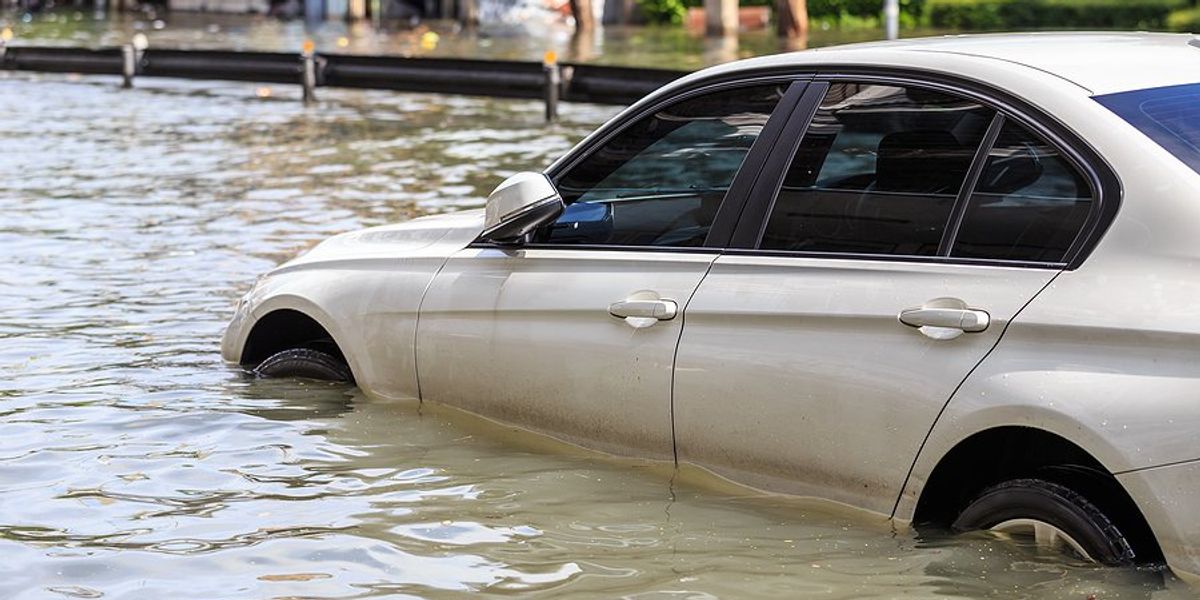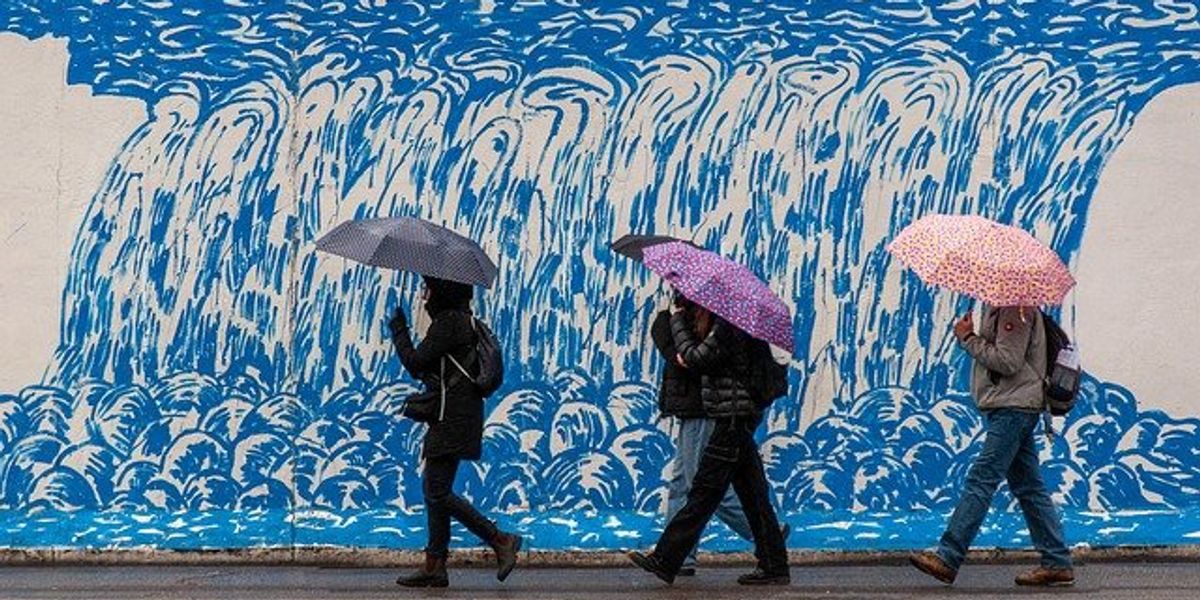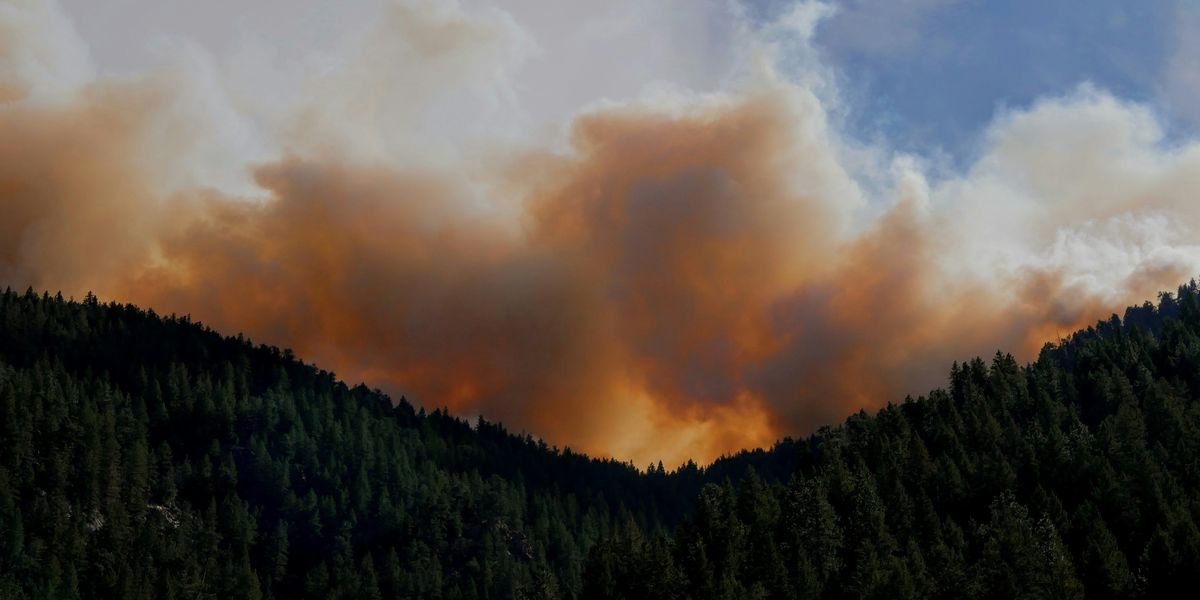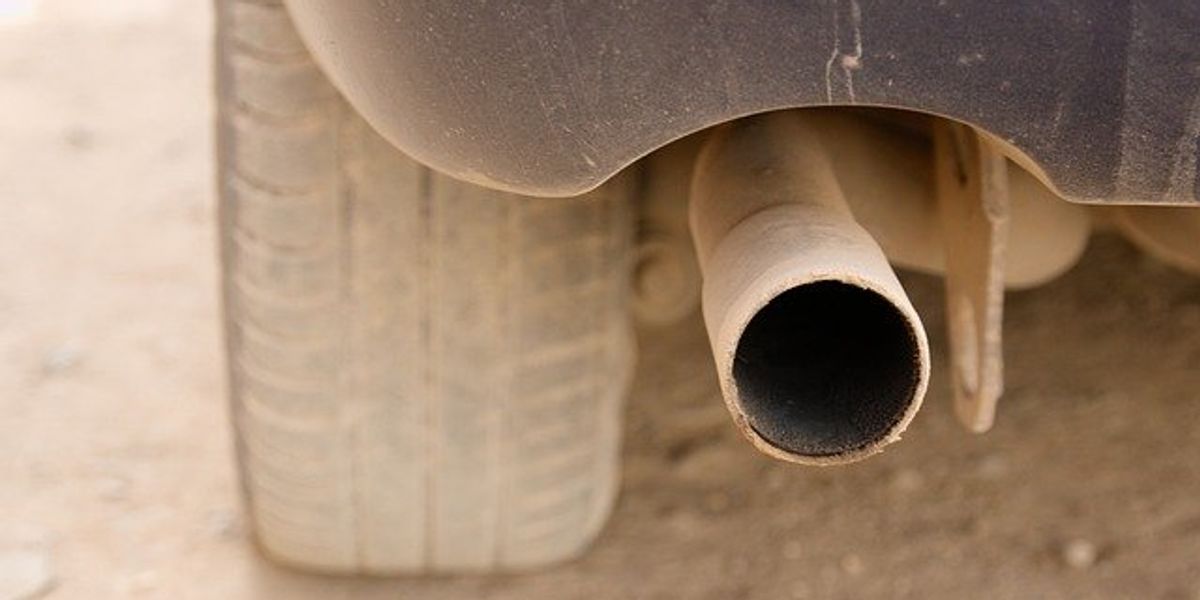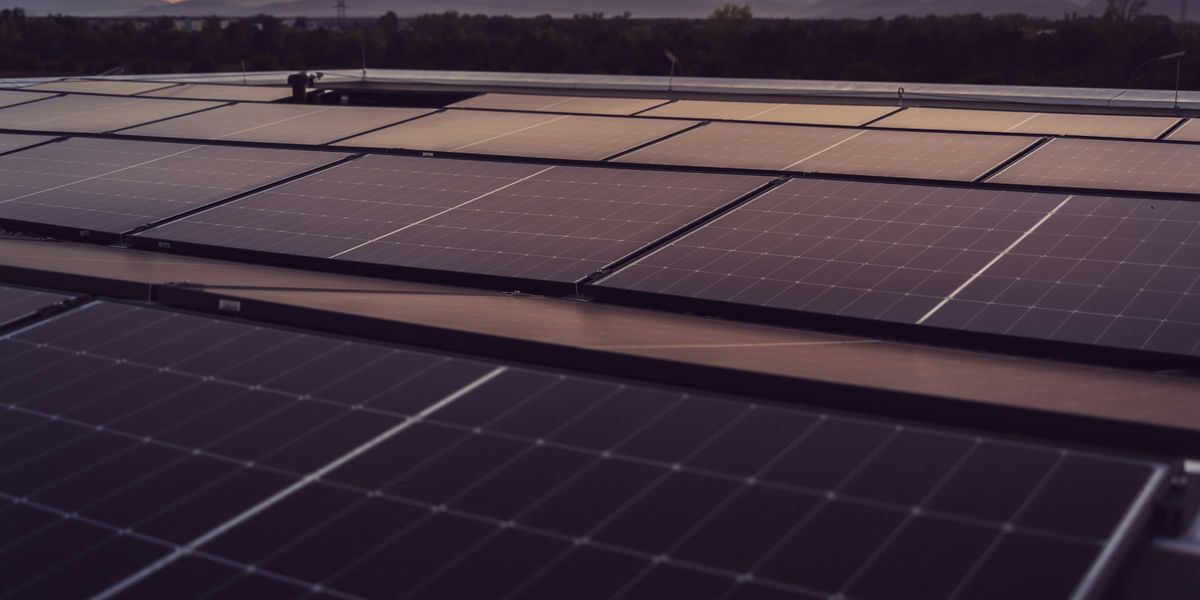climate displacement
The next president will face a climate reckoning
The climate crisis is battering the U.S., but the presidential debate barely touched on the issue, leaving many questions unanswered as Americans grapple with wildfires, hurricanes, and extreme heat.
In short:
- Extreme weather events, including wildfires and hurricanes, are causing widespread damage, yet presidential candidates have provided few concrete plans for addressing these disasters.
- The insurance industry is fleeing high-risk areas, leaving millions without coverage as climate impacts worsen, but this crisis remains largely ignored in political discussions.
- Kamala Harris and Donald Trump offer vague climate positions, with Harris focused on building on Biden’s climate policies and Trump advocating for more oil drilling.
Key quote:
“We can deal with this issue.”
— Kamala Harris, Vice President
Why this matters:
The climate crisis is no longer some distant, theoretical problem. It's here, smacking us in the face with wildfires, hurricanes, heatwaves, and floods. Regardless of their stance on climate policy, the next leader will have to answer for how they will protect American lives in the face of a changing, and increasingly hostile, environment. Read more: We mobilized to defend the EPA in Trump's first term. This time the stakes are even higher.
A broken census can’t keep up with climate migration in Louisiana
Four years after back-to-back hurricanes slammed Lake Charles, Louisiana, the city is still grappling with the long-term impact of population loss, complicating its recovery and future political representation.
In short:
- The 2020 hurricanes displaced nearly 7% of Lake Charles’ population, a loss that worsened due to inadequate tracking systems.
- The U.S. Census Bureau’s data collection was disrupted by the storms, invalidating much of the data gathered, complicating redistricting and resource distribution.
- The demographic shift deepened racial and economic divides, with wealthier, whiter areas recovering faster than poorer, predominantly Black neighborhoods.
Key quote:
“There’s no way the census, every 10 years, will be able to manage keeping up with the rapid population shifts that are already happening.”
— Daniel Aldrich, Northeastern University, professor of political science
Why this matters:
This isn’t just about a few people leaving town; it’s about whole communities being displaced, and the Census—the system meant to account for us all—might be missing the mark. Read more: Poor southerners are joining the globe’s climate migrants.
Houston’s struggle to help Katrina evacuees stands as cautionary tale
After Hurricane Katrina, Houston’s initial warm embrace of 200,000 evacuees turned cold as racial tensions and media-driven fears about crime escalated.
In short:
- Houston’s mayor initially led a praised effort to resettle thousands of Katrina evacuees, but soon faced backlash due to racial prejudices and crime concerns.
- Media narratives blaming evacuees for rising crime in Houston intensified, even though studies later showed minimal impact on crime rates.
- The experience highlights the challenges cities face when handling large-scale climate-driven migrations, exacerbated by racial tensions and media influence.
Key quote:
“The dynamics of race and ethnicity and apprehension toward immigrants drove largely antagonistic beliefs about the mostly poor, mostly black new arrivals.”
— Authors of a study that analyzed Houston’s response to Katrina.
Why this matters:
The story of Houston’s response to Katrina evacuees is a cautionary tale for future climate disasters, showing how quickly compassion can turn to hostility, especially when race and fear are involved. The politics of disaster recovery can turn ugly, transforming places of refuge into battlegrounds where the victims of one disaster are scapegoated for entirely different reasons. Read more: Poor southerners are joining the globe’s climate migrants.
A new climate fund aims to aid developing countries
The new UN Loss and Damage Fund aims to be a game-changer in climate finance by providing quick and direct relief to regions affected by climate disasters like floods, droughts, and heatwaves.
In short:
- The new climate fund board will include 14 members from developing countries and 12 from developed nations, with the World Bank acting as its temporary host.
- Concerns persist regarding the World Bank's history and potential influence, though progress has been made toward meeting UNFCCC conditions.
- With no clear funding goal set, the fund is expected to raise substantial amounts and has received pledges totaling $661 million so far.
Key quote:
“If you don’t have a vision of a trillion dollar fund, if you create a fund which is just channeling a couple of millions, sorry, it’s a disrespectful waste of time.”
— Harjeet Singh, Fossil Fuel Non-Proliferation Treaty Initiative
Why this matters:
The fund represents a pivotal shift toward addressing climate damage in developing nations, which have contributed the least to climate change but face disproportionate consequences. Read more: Mourning family and climate change in the age of loss and damage.
Rising sea levels pose new challenges for southern US coasts
A rapid increase in sea levels across the southern U.S. is compelling coastal communities to adapt to unprecedented environmental changes.
Chris Mooney, Brady Dennis, Kevin Crowe, and John Muyskens report for The Washington Post.
In short:
- Tide gauges from Texas to North Carolina show a sea level rise of at least 6 inches since 2010, mirroring the previous half-century's rise.
- The region faces multiple secondary effects, such as failing septic systems and higher insurance rates, alongside increased flooding.
- Local efforts to adapt are underway, including infrastructure enhancements and federal funding initiatives to mitigate future risks.
Key quote:
“Storm water flooding is getting worse and is unsustainable. Almost all our systems are gravity fed, and they were built out a long time ago.”
— Renee Collini, director of the Community Resilience Center at the Water Institute
Why this matters:
Persistent, inexorable sea level rise challenges existing infrastructure and increases risks by, among other things, contaminating water supplies and limiting access to essential services. Read more: Severe flooding increasingly cutting people off from health care.
The Marshall Islands aren’t giving in to sea level rise
How a Black Miami neighborhood became ‘ground zero for climate gentrification’
A documentary, Razing Liberty Square, examines the plight of families in Liberty City as developers ‘revitalize’ community on desirable higher land.












